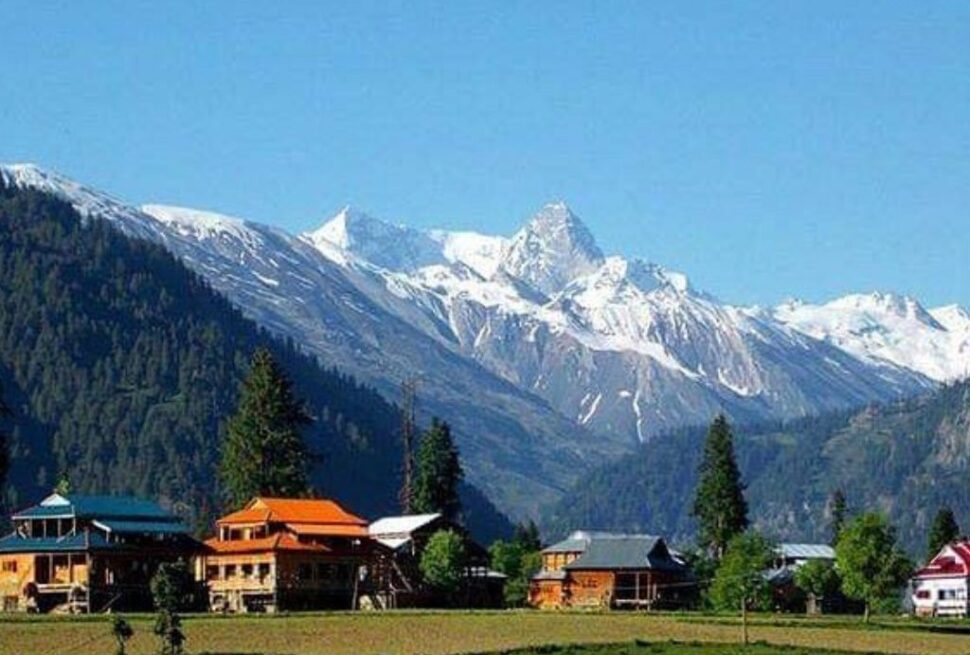Travel has always been a key part of human life. Whether it’s for work, pleasure, or education, traveling opens the door to new experiences, cultures, and perspectives. Travel Background Exploring The World and Expanding Horizons. In today’s fast-paced world, travel has become more accessible than ever before, with affordable flights, trains, buses, and even road trips allowing people to explore the world beyond their homes. This article will dive into the background of travel, exploring its benefits, how it has changed over time, and why it’s such a vital part of life.
A Brief History of Travel

Traveling is not a new concept. It dates back to ancient times when people traveled to trade, explore, or find new lands. In ancient civilizations, people like the Greeks, Romans, and Egyptians often traveled for trade, pilgrimage, or military conquests. These journeys were long and difficult, but they paved the way for cultural exchanges and the sharing of knowledge across continents.
During the Middle Ages, travel continued to play a significant role in the world, particularly through religious pilgrimages. People traveled great distances on foot or by horseback to visit sacred sites, seeking spiritual growth or enlightenment. This kind of travel often brought different cultures and ideas into contact, helping to spread knowledge and tradition.
The Age of Exploration in the 15th and 16th centuries saw a huge leap in travel, as explorers set out to discover new lands and sea routes. Famous explorers like Christopher Columbus and Vasco da Gama traveled the world in search of new trade routes, spreading European influence to other parts of the world.
Today, travel is no longer limited to the wealthy or the adventurous. With modern technology and transportation, people can travel across the world in just a few hours, opening up possibilities that were once unimaginable. The world is more connected than ever, and this has made travel a key part of our daily lives.
2. Why Do People Travel?
People travel for a variety of reasons, and each journey is unique. Here are some of the main reasons why people set out to explore the world:
- Leisure and Vacation: Many people travel simply to relax and take a break from their daily routine. Whether it’s lounging on a beach, exploring a new city, or hiking in the mountains, vacation travel provides a chance to unwind and recharge.
- Cultural Exploration: Travel offers the opportunity to experience new cultures, languages, and traditions. People often travel to understand how others live, taste new foods, and see historic landmarks.
- Education: Many students and professionals travel to learn. Educational trips, study abroad programs, or conferences offer new knowledge and experiences that aren’t possible to get at home.
- Adventure and Challenge: For some, travel is about seeking adventure. Mountain climbing, scuba diving, trekking, and other activities push travelers out of their comfort zone and into the unknown.
- Work and Business: Business trips are also a significant part of modern travel. Many professionals travel to attend meetings, conferences, or work on international projects.
- Family and Relationships: People also travel to visit family members or friends who live far away. In a globalized world, families and friends are often spread across different countries, making travel essential to maintaining relationships.
3. The Benefits of Travel

Travel is more than just a fun activity; it comes with a wide range of benefits for both the mind and body. Here’s how travel can positively impact your life:
a. Broadens Perspective
Travel allows you to step out of your everyday environment and see the world from a different angle. By experiencing different cultures, traditions, and lifestyles, you develop a broader understanding of the world. It helps you appreciate the diversity of life and teaches you to be more open-minded and adaptable.
b. Improves Mental Health
Taking time to travel can do wonders for your mental well-being. Stepping away from daily stressors and immersing yourself in a new environment helps reduce anxiety and stress. Travel can also boost happiness and satisfaction as you experience new things and create lasting memories.
c. Enhances Creativity
Exposure to different environments, cultures, and experiences stimulates the mind and enhances creativity. Whether it’s visiting art museums, walking through nature, or meeting new people, travel inspires fresh ideas and new ways of thinking.
d. Builds Confidence
Traveling, especially to unfamiliar places, requires problem-solving, decision-making, and adaptability. Each challenge you face on the road, whether it’s navigating a foreign city or overcoming language barriers, helps build confidence and resilience.
e. Strengthens Relationships
Traveling with friends, family, or a partner can strengthen bonds and create shared memories. Facing challenges together or enjoying new experiences can help deepen connections. Likewise, visiting friends or family members who live far away helps maintain strong relationships despite the distance.
f. Promotes Physical Health
Many types of travel encourage physical activity, whether it’s walking through cities, hiking in nature, or swimming in the ocean. Travel can motivate you to be more active, helping to improve your physical health.
4. How Travel Has Changed Over Time

The way people travel has changed dramatically over the past century. In the early 1900s, travel was a luxury only the wealthy could afford. With the invention of cars, commercial airplanes, and high-speed trains, travel became more affordable and accessible to the average person.
The rise of budget airlines in the late 20th century further revolutionized travel by making international trips more affordable. Now, it’s possible to travel across continents without spending a fortune. The internet has also played a significant role, allowing travelers to research destinations, book flights, and find accommodation easily. Social media has also influenced travel trends, with people sharing their experiences and inspiring others to explore new places.
The COVID-19 pandemic temporarily halted global travel, but it also reshaped the industry by emphasizing safety, flexibility, and remote work. Many people now combine travel with work, a trend known as “workcations” or “digital nomadism.” This allows individuals to work remotely from different parts of the world while enjoying the benefits of travel.
Conclusion
Travel is a powerful and transformative experience that offers countless benefits for personal growth, mental health, and creativity. It has evolved significantly over time, becoming more accessible and diverse, with modern technology making it easier than ever to explore new parts of the world. Whether for leisure, education, or adventure, travel opens up new horizons and fosters a deeper understanding of the world and its people. For these reasons, travel remains an essential and enriching part of life.



